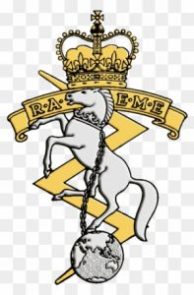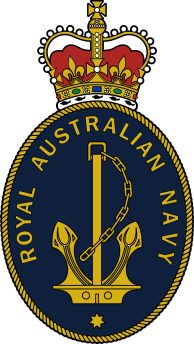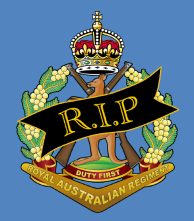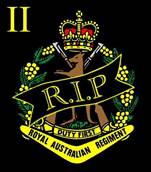Vale 6776 Lieutenant Colonel Harry Arthur Smith SG, MC. – 6RAR
 Lieutenant Colonel Harry Arthur Smith SG, MC, born on July 25, 1933, and passing away at 1600hrs on August 20, 2023, was a distinguished former high-ranking officer within the Australian Army. His notable service encompassed the Malayan Emergency as well as the Vietnam War. One of his most prominent roles was as the Officer Commanding D Company, 6th Battalion, Royal Australian Regiment (D Coy, 6 RAR) during the pivotal Battle of Long Tan on August 18, 1966.
Lieutenant Colonel Harry Arthur Smith SG, MC, born on July 25, 1933, and passing away at 1600hrs on August 20, 2023, was a distinguished former high-ranking officer within the Australian Army. His notable service encompassed the Malayan Emergency as well as the Vietnam War. One of his most prominent roles was as the Officer Commanding D Company, 6th Battalion, Royal Australian Regiment (D Coy, 6 RAR) during the pivotal Battle of Long Tan on August 18, 1966.
Born in Hobart, Tasmania, on July 25, 1933, Harry Smith’s journey in the military began after his time as a National Serviceman. He subsequently joined the Australian Regular Army, successfully completing his training as a second lieutenant at the Officer Cadet School, Portsea. His initial assignment was with the 2nd Battalion, Royal Australian Regiment in 1955, where he contributed to operations during the Malayan Emergency from 1955 to 1957.
Between June 8, 1966, and June 14, 1967, Harry Smith, then holding the rank of major, took on the role of Officer Commanding D Coy, 6 RAR. On August 18, following intense mortar shelling of the Australian base at Nui Dat the preceding night, units from 6 RAR were dispatched to locate the involved Vietnamese units. Leading a group of 105 soldiers from D Coy and a 3-man NZ Artillery Party, Harry Smith embarked on a patrol. At 3:15 pm that day, while navigating a rubber plantation at Long Tan, their path intersected with a heavily reinforced Vietnamese force of regimental size (consisting of the Viet Cong 275th Regiment, supported by North Vietnamese Army 806 Battalion, D440, and D445 Battalions). This Vietnamese force aimed to advance on the Australian base. Simultaneously, a monsoon struck, further complicating the situation. Nevertheless, Harry Smith’s adept leadership enabled his forces to repel the attack, all the while coordinating artillery support from Australian, New Zealand, and United States units stationed back at Nui Dat.
During the Battle of Long Tan, D Coy suffered 18 casualties and had 24 soldiers wounded. Despite these losses, under Smith’s strategic command, the company successfully defended against a numerically superior enemy force. The engagement resulted in the confirmed death of at least 245 Vietnamese and an estimated 500 wounded. Notably, records discovered in 1969 indicated that around 800 enemy combatants had been either killed or succumbed to their injuries. The valiant efforts of 9 Delta Company men were recognized with gallantry awards, although many of these awards were downgraded from their initial nominations. Harry Smith’s exceptional leadership during the intense battle merited him a recommendation for the Distinguished Service Order. However, he ultimately received the Military Cross in recognition of his exceptional contributions.
Harry’s character and his dedication to his fellow soldiers will ensure he is remembered. Harry exemplified the true essence of a leader, always putting his men’s well-being and recognition above all else. His legacy is undeniably strong, and his peers held him in high regard for his unwavering commitment. The annual acknowledgment of his memory on Long Tan Day serves as a reminder of his leadership and the honourable way he led his troops. His legacy will undoubtedly live on, reminding us of his selfless service and leadership his contributions and sacrifices.
Lest We Forget.




